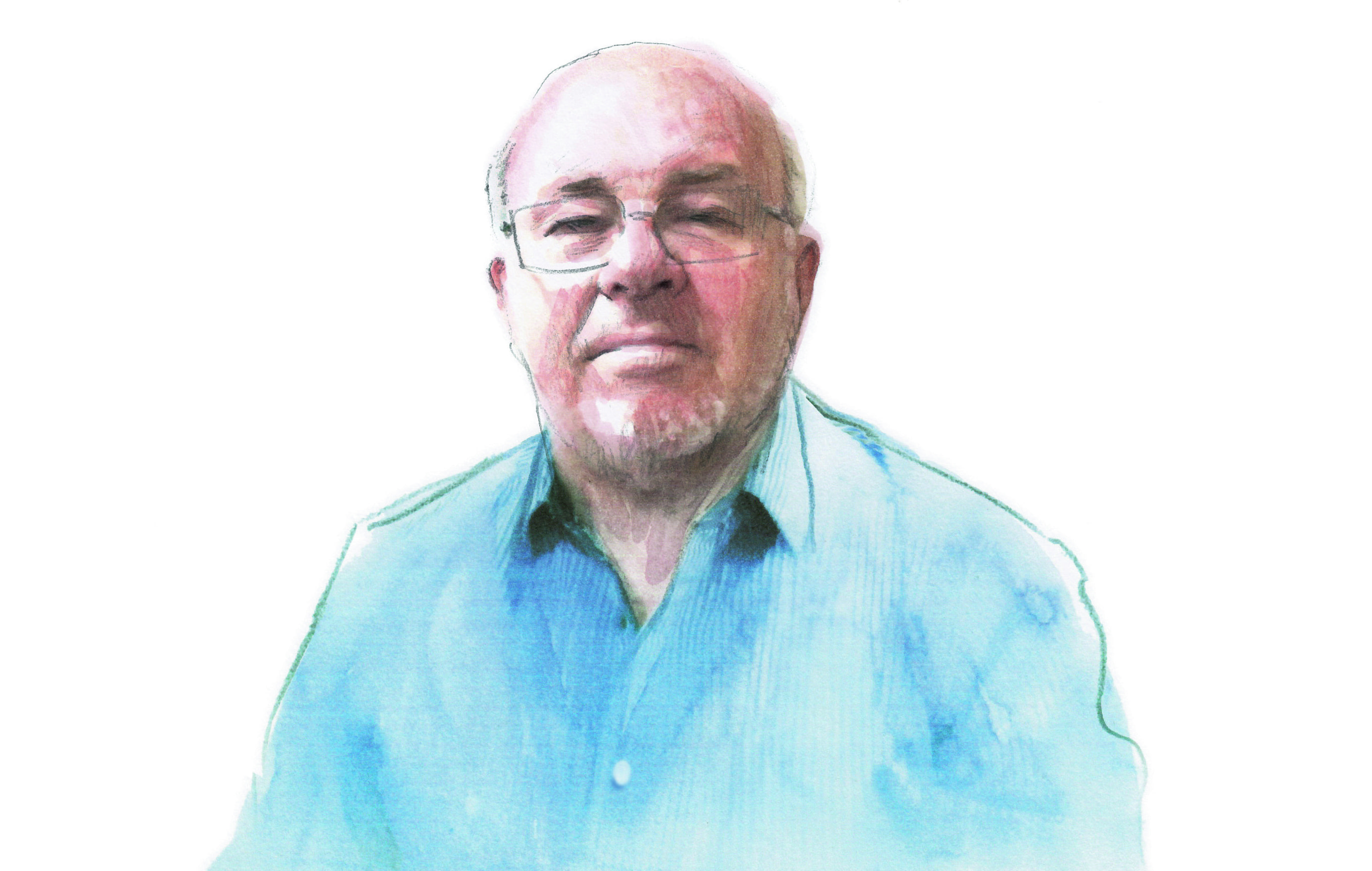
What sort of work have you specialised in?
Foodservice design in Australia is a little like ‘one size fits all’. All consultants do most types of projects. We tended to specialise in aged care, corporate, hotels and government. In the last few years we have been privileged to include Event Hospitality & Entertainment Group as one of our clients, working on four hotel brands and multiple cinema sites that now include putting foyer bars as wells as snacks and sweets, espresso coffee and foodservice into their cinemas.
What did you enjoy about your profession?
The sense of comradeship, plus the satisfaction of seeing a project through from conception. This involves creating the space, developing the design through the various planning stages, dealing with architects and engineers, culminating in a tender package. To then obtain tender prices that are close to the budget established at the conceptual stage of the project, provides not only a relief, but enhances reputation. To then follow through construction, with all the pitfalls builders bring to the project, and finally see the project in operation is extremely gratifying or greatly disappointing. There is no middle ground here, operators can give you a high or low depending on many variables, including when they come on board and how they want to develop the business or change the facility. I prefer gratifying!
What has been your greatest achievement?
Electing to move into design consultancy, and to establish my own design business in the 1990s. I have worked on projects for the best hotel chains in the world, Australia’s four major banks and large mining company corporate offices, but I get more satisfaction working in the aged care business where I often state “foodservice is a quality of life issue”, not simply a “cost centre”. Finding the right balance here, is, I believe, my greatest achievement.
What does FCSI mean to you and what are the challenges facing FCSI in Australia?
I have been a professional member since 1995 and in all that time I don’t believe it has provided me with more than one or two projects, but that is not the reason we should join. FCSI membership is to support our industry, our clients and each other. To be able to ring and discuss a problem is priceless. To support equipment suppliers, authority regulators as an association, rather than individuals is essential. FCSI in this part of the world is under the Asia Pacific banner, but foodservice design in Australia is more akin to Europe. Here labour costs are high, and built space expensive, which is the opposite of the rest of the region, other than New Zealand. We are really not compatible with the Americas either. Hence FCSI here is facing a significant challenge – I am not sure how this will be resolved.
Now you have retired, what is your legacy for the industry?
I firmly believe that foodservice design consultants must be leaders and innovators, not followers. Each consultant must make themselves aware of current industry trends, innovations in equipment and how world catering is moving. Consultants must get out there, meet with equipment manufacturers/suppliers, talk to caterers and operational consultants. We are not just designing the kitchen we are designing our clients’ business.
Michael Jones
